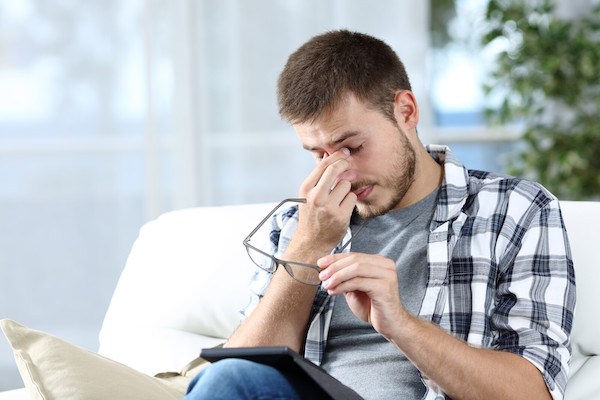For incidental cases of dry eyes, over-the-counter eye lubricants are all that are required to ease the discomfort. But when the body cannot or does not produce enough tears, or when the tears are drained or evaporated too quickly to properly protect the eye, this can be a condition known as dry eye syndrome. Depending on the cause and extent of dry eye syndrome, it may or may not be able to be completely cured. Even when not cured, however, the symptoms can be managed.
One of the treatments for dry eye syndrome are Restasis eye drops, a prescription artificial tear formula that contains special materials that not only lubricate and comfort the eye, but also encourage the eye to produce more tears. Another possible treatment is the installation of lacrimal plugs, also called punctal plugs, which are inserted into the tear ducts to stop tears from draining off of the surface of the eye too quickly.
In more extreme cases, the tear ducts might also be closed surgically. If dry eyes are a result of environmental conditions, it may also be helpful to fight the environmental causes, such as wearing sunglasses in dusty climates or using humidifiers for dry climates. Nutritional insufficiencies can also be to blame for dry eyes, in which case taking nutritional supplements or drinking more water may be advised.
Other treatments involve topical eye drops, steroid eye drops, oral nutritional supplements, and oral antibiotics.

